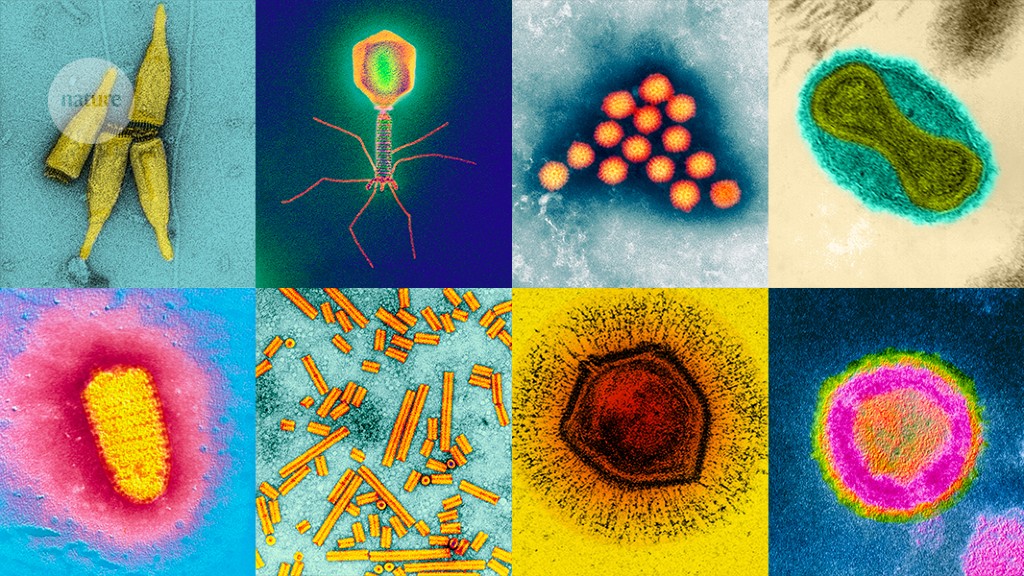Scientists have identified bacteria that can effectively break down nicotine
BEIJING, October 24, 2022, 07:34 — REGNUM A study by Chinese scientists and their US colleagues has identified a type of bacteria in our gut that can effectively break down nicotine, a harmful ingredient in tobacco that causes addiction and many health risks, including fatty degeneration liver, according to the Xinhua news agency.
According to the latest study published in the journal Nature, a colony of gut bacteria was found to reduce the concentration of nicotine in the intestines of mice exposed to nicotine. Researchers from Peking University, Zhejiang University, Fudan University, Wenzhou Medical University First Affiliated Hospital, and the US National Institutes of Health have found that Bacteroides xylanis solvents can break down nicotine accumulated in a smoker’s intestines.

Nicotine is known to activate a kind of gut molecule called AMPKa, and these molecules contribute to the progression of non-alcoholic fatty liver disease (NAFLD), according to the study.
The results of the study suggest a possible strategy to reduce the progression of NAFLD aggravated by tobacco smoking by using bacteria that are naturally present in the human gut and that have been safely used in food production.
BACKGROUND
The English historian and philosopher Francis Bacon in the 16th century expressed the opinion that science should give man power over nature and thereby improve his life, adding that science should take its rightful place in the “kingdom of man”. In fact, he laid the foundations of scientific research, his famous aphorism Scientia potentia est (“Knowledge is power”) is known. The first explorers appeared in the 19th century.
People and microbes united in the name of the most valuable thing that a living organism needs – in the name of food. People know how to extract it, and microbes can digest it. However, for peaceful coexistence, they need to fulfill a non-aggression pact. Therefore, by acting on the accumulation of immune cells in the intestinal wall, the bacteria soften the possible immune response. If this does not happen, for example, due to a lack of bacteria, the human immunity becomes more aggressive. It is probably because of this that children who grew up in conditions of a low content of bacteria (clean, out of contact with the mother and her milk) are more likely to develop allergies and autoimmune diseases. For their part, microbes do not destroy the walls of the intestine. However, they remain peaceful neighbors only until they penetrate the human body. There they cause severe inflammation, which is not easy to fight.

In addition, microbes require protection of their interests.
For example, it is important for them that food is regularly supplied to them, and that the intestinal wall does not injure them. To do this, they secrete signaling molecules that regulate the activities of surrounding host cells, such as the absorption or secretion of enzymes, or even the deposition of fat (yes, there is evidence that obesity is associated with an imbalance in the intestinal microbiota). And finally, such coexistence sometimes leads to strange effects. For example, microbes can absorb or otherwise modify drugs taken by the host, sometimes significantly reducing the effectiveness of the treatment. Or to isolate their DNA (as part of the exchange of genes with other bacteria), which, possibly, is absorbed by the surrounding tissues of the host. So far, there is no unambiguous evidence that bacterial genes work in the cells of the intestinal wall. However, similar cases are known in insects and worms. And in the human genome, some sequences have been found that are suspiciously similar to bacterial ones. There is probably a little more in common between us and our micro-dwellers than meets the eye.
